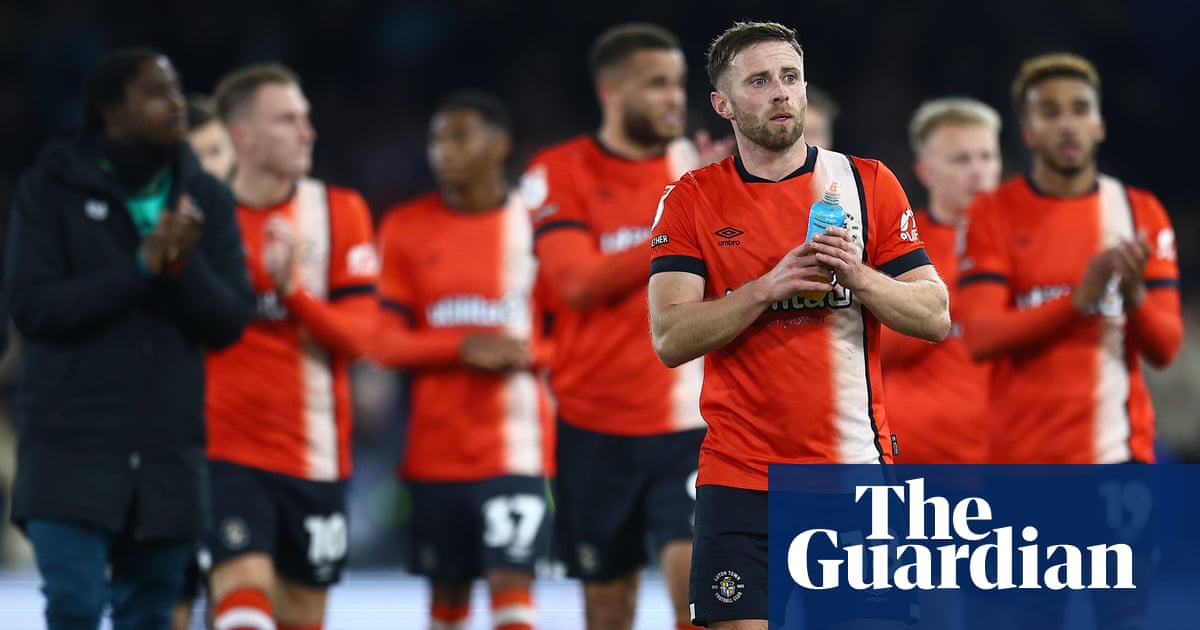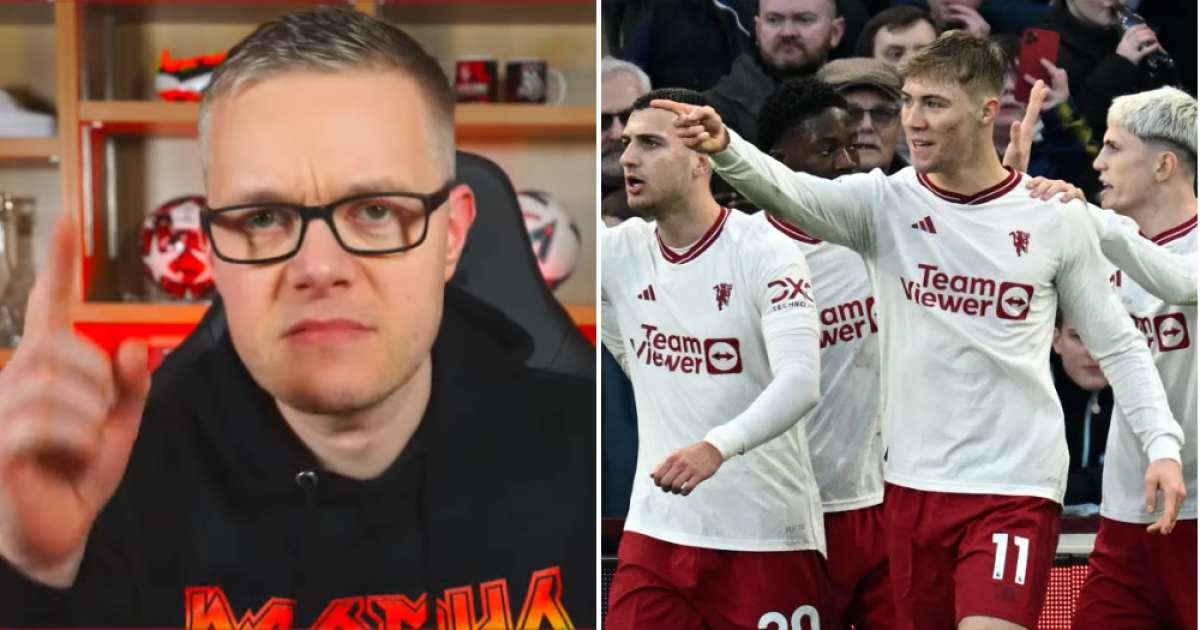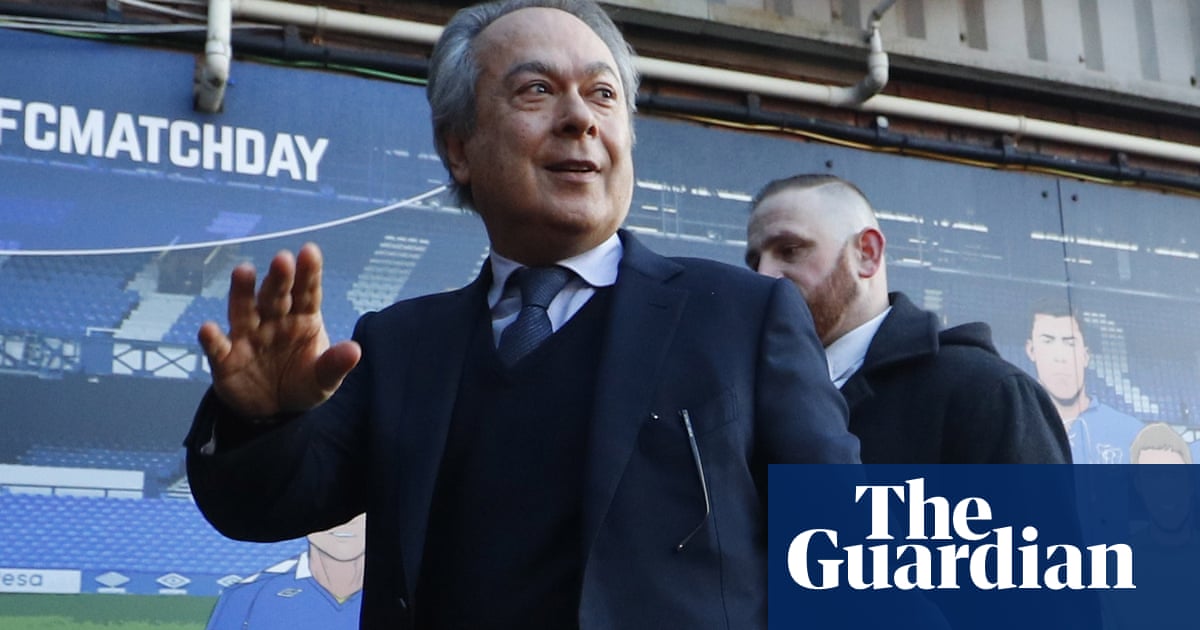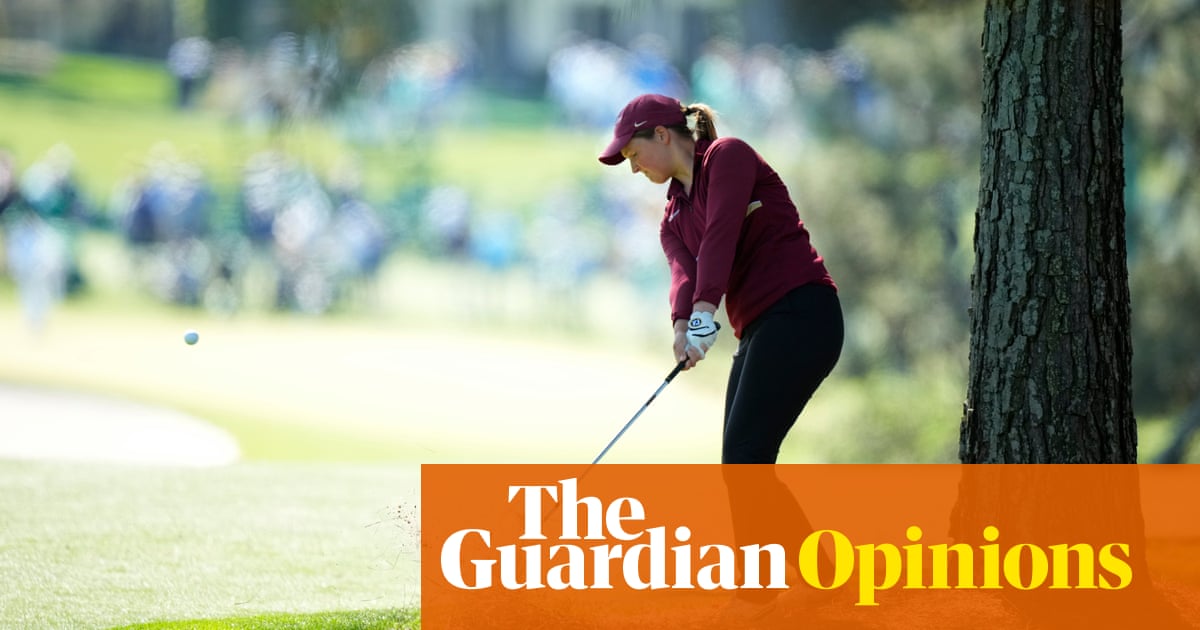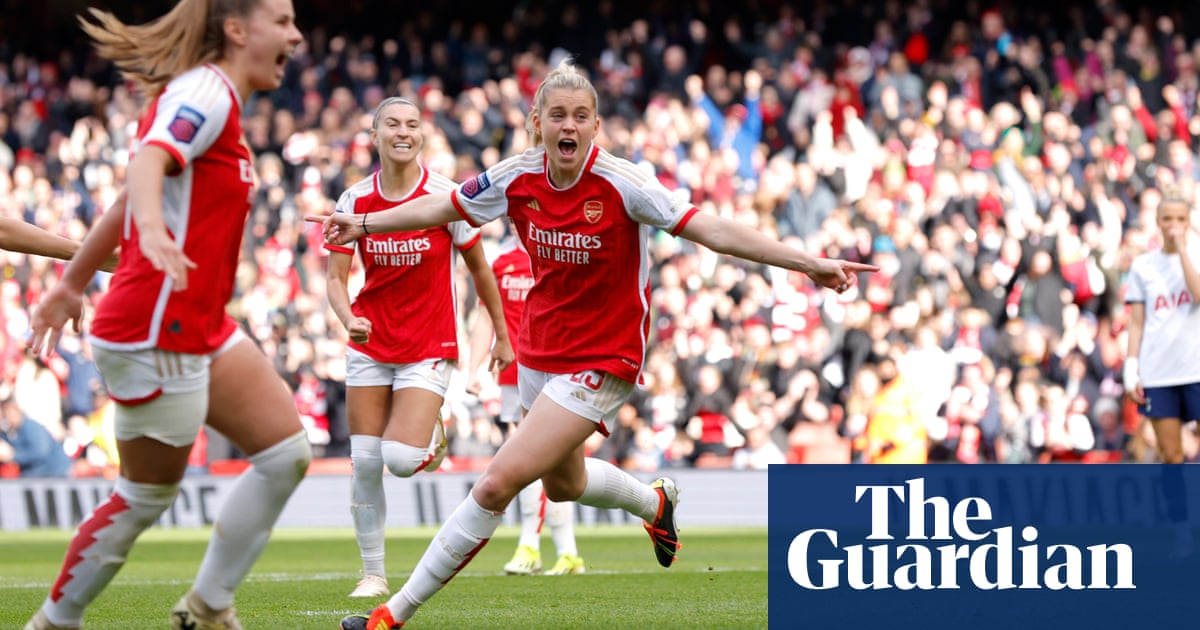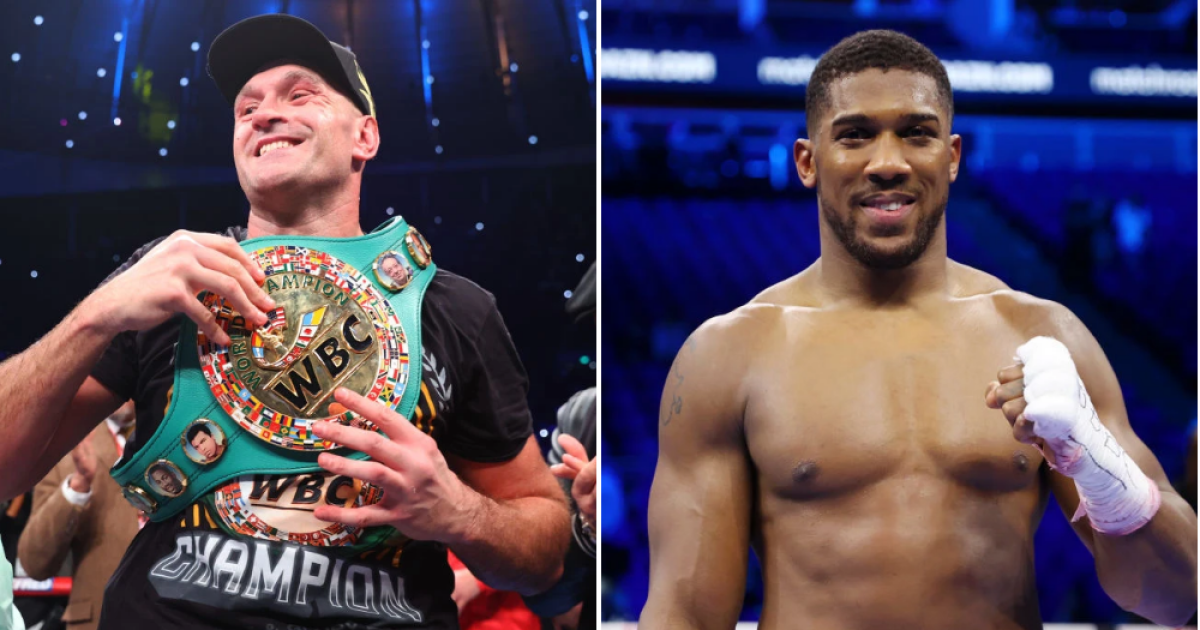The English football regulator is to be instructed not to reduce the amount relegated Premier League clubs receive in parachute payments, according to new legislation. The bill, which was published by the government on Thursday and has begun its progress through parliament, says any financial redistribution agreements determined by the regulator “should not … result in a lower amount of relegation revenue being distributed to a club”.
This appears to confirm the message given by the secretary of state for culture, media and sport, Lisa Nandy, who promised Premier League clubs on Wednesday that parachute payments would not be abolished even though they have been brought into the regulator’s scope by Labour.
after newsletter promotion
It was a view reiterated by the sports minister Stephanie Peacock on Thursday. She said Labour had tabled an amendment in opposition asking for parachute payments to be included in the regulator’s remit. “One of the changes we’ve made to that is to add some wording that makes it very clear that they can’t be abolished,” she said.
The wording of the clause leaves open the possibility that parachute payments could decrease in significance over time. Although the bill mandates the figures involved cannot be lowered, it does not say they must increase with each new deal. This means a settlement could be reached with monies shared between the Premier League and EFL as part of “solidarity” within the English game could be more evenly distributed.
The Premier League voluntarily shares 16% of its revenues with the football pyramid – including for youth development – and good causes. Parachute payments is the name for the money paid out as part of this process to relegated clubs, helping them adjust to life in the lower divisions where television income is much lower. In 2020, parachute payments amounted to £233m, while solidarity payments to the EFL’s other 69 clubs totalled £79m.
The Premier League is a staunch defender of parachute payments, arguing they allow promoted clubs to spend on players without fearing the consequences should they go down. The EFL has long been opposed, with its chair, Rick Parry, describing them in 2020 as “an evil that must be eradicated”. The EFL is understood to have recently shifted its position, however, and is no longer calling for the payments to be removed, only reformed.
